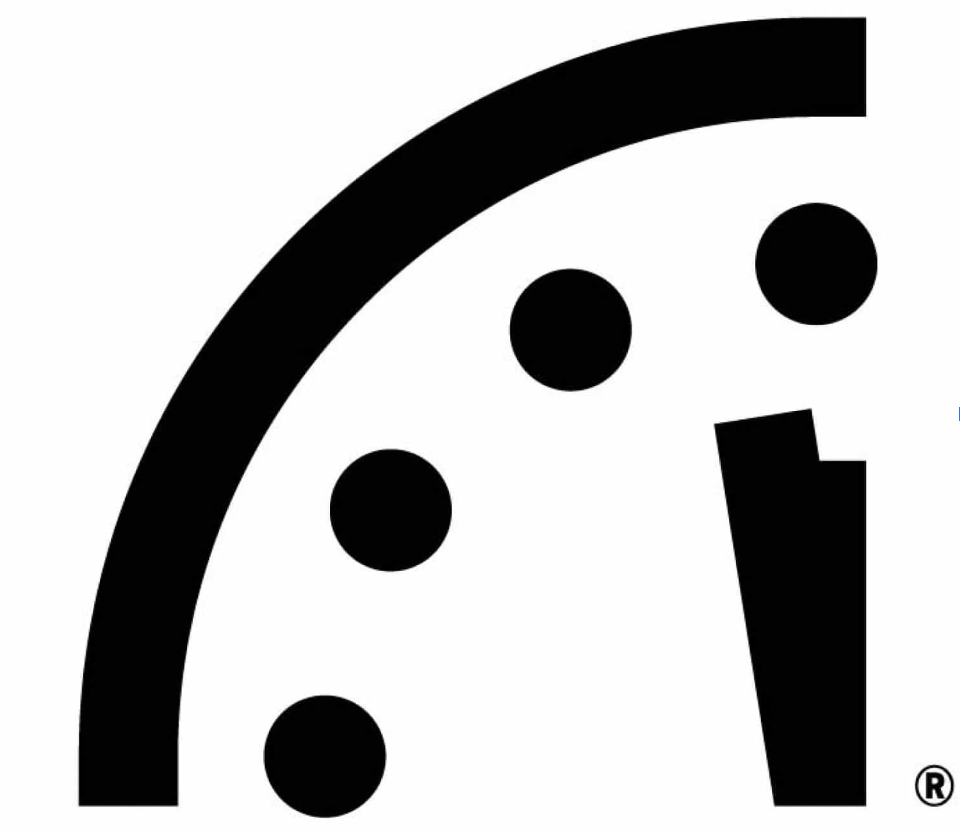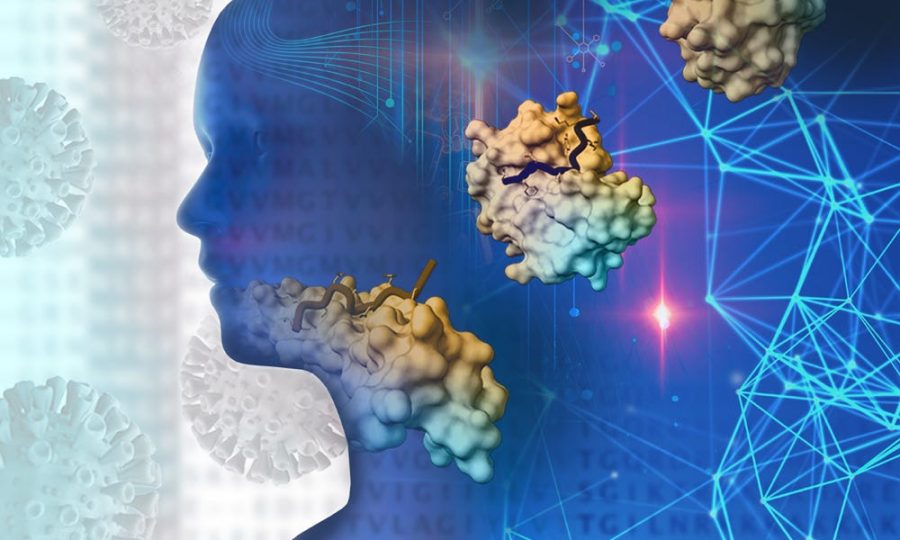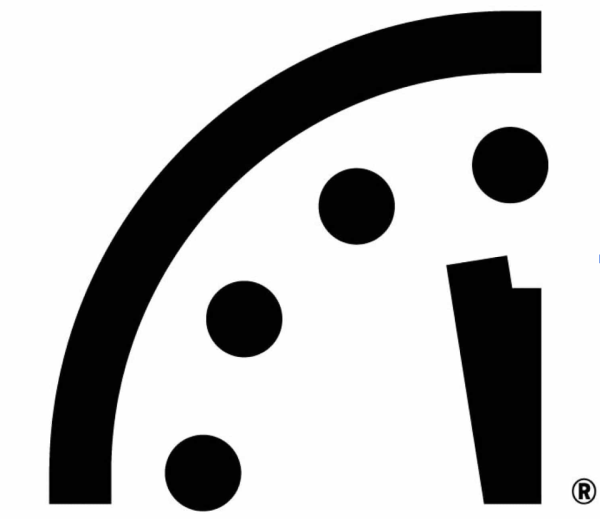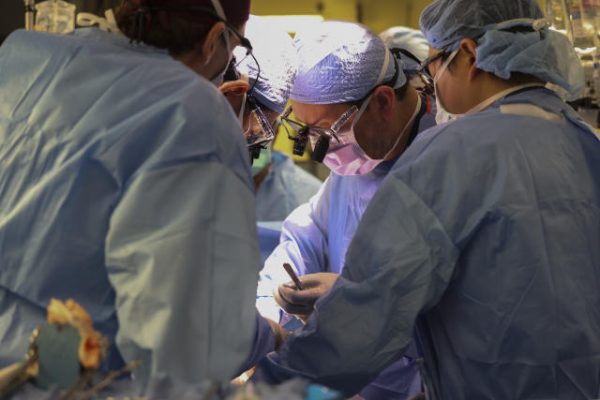Machine Learning and AI in the Medical Field
May 19, 2023
We’ve seen them—websites like ChatGPT, Google Bard, and other chatbots. These have surged in popularity recently due to their ability to generate rapid responses, relay reliable information, and simulate human-like conversations and behavior. ChatGPT and similar applications use machine learning, which involves constructing methods and techniques that allow machines to “learn,” by using algorithms and models to draw conclusions from certain trends in data. With these types of abilities, machine learning can not only assist in school-related tasks but potentially benefit healthcare.
Since AI learns from prior examples and experience, specific algorithms can be developed and suited for the medical field. Medical professionals can use machine learning to create better diagnostic tools by training AI to recognize certain conditions through patterns and repetition. As an example, AI can learn how to interpret medical imaging such as X-Rays or MRI scans. Faster and improved diagnoses generally lead to better patient outcomes, especially in progressive diseases like cancer, Alzheimer’s, or Huntington’s disease, where early detection increases survival rates.
Secondly, machine learning can help in the lab setting, by aiding researchers in the research process. One of the hardest aspects of medical research is recruiting certain patients for medical studies and trials. Pharmacologist Mira Desai of the Nootan Research College in India explained, “Surprisingly, participant enrollment issues are the major reasons for trial terminations.” Machine learning combats this difficulty by analyzing a variety of factors and pinpointing patients who are a good fit for the study. For example, a group of medical researchers in Australia developed a machine-learning technique that analyzes previous medical history and records to find certain patient matches. Doing this tremendously speeds up the process and makes it easier to conduct research.

Along with recruiting test subjects in medical trials, machine learning can be utilized in the simulation of diseases and the development of certain treatments. If AI is trained to analyze large data sets, it can screen and predict the possible outcomes of different medical scenarios. It also reduces research costs by “creating better drug designs and finding promising new drug combinations,” as stated by IBM. This gives the potential for researchers to reconstruct and find the underlying causes and mechanisms of diseases.
Lastly, machine learning can improve care and patient monitoring. Machine learning models could be created to read the human vital signs of a current patient being treated. Although there already are medical tracker devices in place such as heart monitors, the idea is that these machines can analyze these vital signs and look for irregular patterns. These machines could potentially alert healthcare workers, especially if doctors and nurses are around. This would put less strain on medical staff and reduce the number of people who need to be around a patient at a given time.
Within the real world, there have been many examples of this in action. For example, Microsoft Project Inner Eye uses machine learning to “differentiate between tumors and healthy anatomy using 3D radiological images that assist medical experts in radiotherapy and surgical planning,” as stated according to Builtin. Using this approach, Microsoft hopes to produce personalized medicine and produce better patient outcomes. In addition, Insitro is a drug discovery company that uses machine learning to make drug development more cost-efficient. The company has created models that allow them to analyze biological data sets and pick out crucial trends, which allow workers at Insitro to better adjust and refine drugs and medicine for evolving diseases.
Although AI and machine learning are very promising to the field of medicine, they certainly won’t be replacing doctors. Rather, machine learning has the capability to assist doctors and other medical professionals in operations, procedures, and tests. As time progresses and machine learning methods become more refined and tweaked, the technology we have will increase and become vastly more complex. It will also increase productivity at hospitals and other institutions, and transform what people believe is possible for science.






























































































































